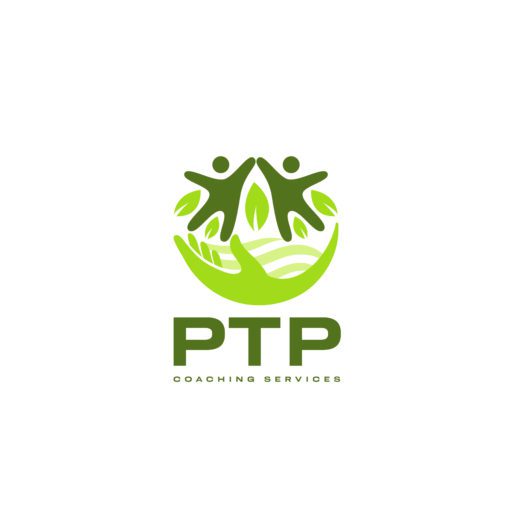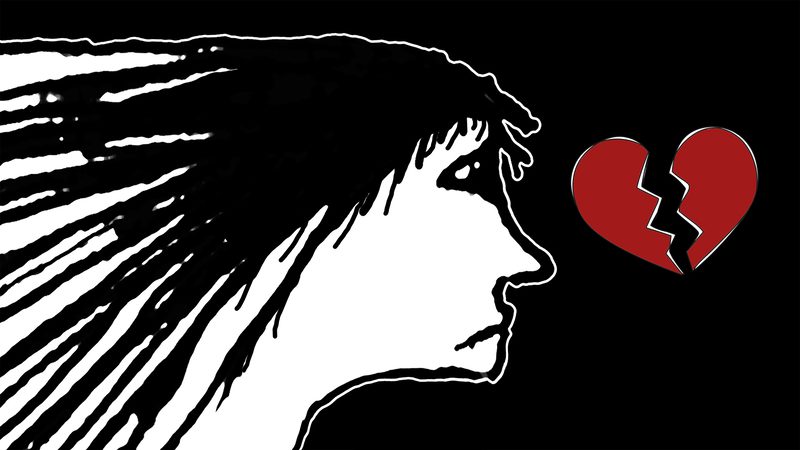
No-Contact, Estrangement, Disrupted Families
Anosognosia and No-Contact
Anosognosia is a symptom of severe mental illness. It means that a person does not understand that they have an illness. As is so well explained by Darrell Hermann (2024) in the National Shattering the Silence Coalition (NSSC) guide, “Psychosis and Psychotic Illnesses: A Peer’s Perspective,” anosognosia takes many forms and is a primary reason for people to refuse or fail to stay in treatment. It is also one of the most common reasons people fail to take medications necessary to control their psychosis. Anosognosia can take many forms and appear in many ways. A person may form persistent false memories of the past (italics mine).
A person may believe that they were physically or sexually abused as a child by a family member even though this never actually occurred. To the person with anosognosia, these false memories of their childhood are as real as any childhood memories anyone else has. As with hallucinations and delusions, there is no limit to what form these persistent false memories can take. Some people have entirely false life histories that are completely real to them.
Estranged parents often say that their adult child is rewriting the history of their childhood, accusing them of things they did not do, and/or failing to acknowledge how the parent demonstrated their love and commitment. Adult children frequently say the parent is gaslighting them by not recognizing the harm they caused or are still causing, failing to respect their boundaries, and/or being unwilling to accept the adult child’s requirements for a healthy relationship (Coleman, 2021; McGregor, 2021; Wildey, 2019). Parents are confused and overwhelmed by the sense of powerlessness and the turnarounds in their relationships with their adult children. There is little common ground since the narratives about the past are so different. As Wildey (2017) summarizes, parents want dialogue, and the child does not. Parents are accused of abuse, neglect, and suffering from alcoholism or mental illness, and there is no evidence to support these baseless accusations. The gap between terminating a substantial relationship and a lack of explanation is enormous. It seems that adult children have a profound inability to reflect on themselves and the impact of their behavior on others, refuse to take responsibility for consequences, and blame their parents for the break.
False memories masquerading as accurate are reasons for choosing to go “no-contact” with the family of origin. Unfortunately, families are at a loss with these accusations and naturally attempt to refute them. Since a psychotic condition generates these false memories, there is no way to reason with the family member. Furthermore, when the person goes to therapy and shares their experiences of their families, the therapist often counsels distance from their toxic families, especially their mothers, instead of exploring the narrative further! Roskje Hasseldine, mother-daughter therapist and author of “The Mother-Daughter Puzzle,” explores this phenomenon of therapists encouraging daughters to go “no contact” with their mothers and the needless pain and suffering such ill-advised advice causes. (Click here to read the blog post).
Emma is the mother of an adult child who has chosen to estrange herself from the mother and the rest of the family. Jean was diagnosed with a severe mental illness when she was in her mid-twenties after a life-threatening infection. At first, Jean understood that her behavior impacted her relationships with everyone. She said, “Mom, I see myself saying and doing horrible things, and I cannot stop myself!” Before the illness, the family enjoyed close relationships and continued to use their tools to learn as much as possible about the disorder and make accommodations as needed. At this time, Jean went to a therapist and explained that she needed guidance on managing her new diagnosis. Instead of focusing on what Jean wanted, the therapist explored Jean’s family history while Jean was in a psychotic state. This inappropriate focus led to a delusion that Jean had been abused by her family and not protected by her mother and was the victim of childhood abuse, neglect, and sexual misconduct. There were accusations of parental mental illness and narcissism, as well. Naturally, Jean detached herself from such a hurtful family. Emma did not relate to Jean’s false narrative and continued to reach out to no avail. Emma even apologized for Jean’s perceived hurt and trauma. Jean interpreted the apology as her mother being condescending and insincere, which infuriated Jean, and she cut all ties with her mother and the rest of the family. How could Emma apologize for something she knew did not happen except between Jean’s ears?
What can families do?
It is difficult to reason with someone who developed a narrative about their lives when they were in psychosis or a delusional state. Remember that a delusion is a thought that persists despite overwhelming evidence to the contrary. With a lack of insight, this symptom of severe mental illness is problematic to address. Sometimes, medication can break through the anosognosia, and insight can be regained. What is insight? As Herrman (2025) shared with me, “Insight is when a person is aware they have an illness with symptoms, including hallucinations and delusions. Insight allows them to question even persistent false beliefs.” Ideally, this can create the grounds for a reconnection.
There may be ways to address the delusion without becoming a target for further abuse. Respond to the emotion, not the content. Do not confirm or deny their perception. Understanding how they feel does not agree with the delusion; it validates that their experience is painful. Offer support and help: “How can I make this better?” Listen without judgment to what they are saying. Encourage them to see you differently if you are the target of their delusion. Encourage them away from their delusion. Cater to their emotion and their insecurity, their deep-rooted fear that feeds the delusion. Assure them of your love.
Without insight, the unlikelihood of reconnection looms large. In that case, parents and other family members can do the hard work of grieving the loss of this vital family member. Disenfranchised grief is when a loss is not acknowledged, and the sense of isolation and depression can be great indeed. Through accepting this painful loss, parents and families can heal. I will discuss them in my next blog piece.






